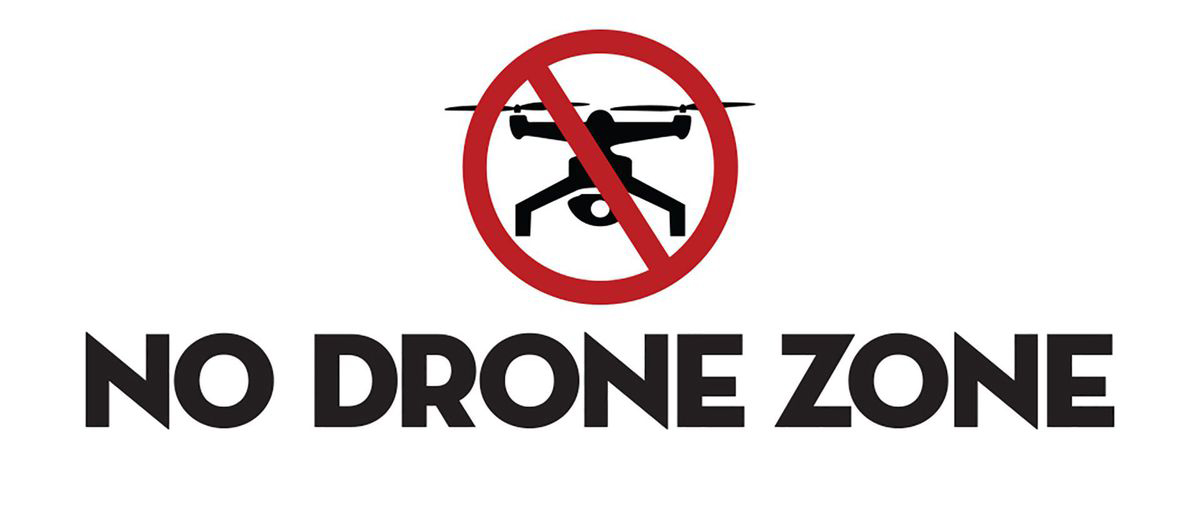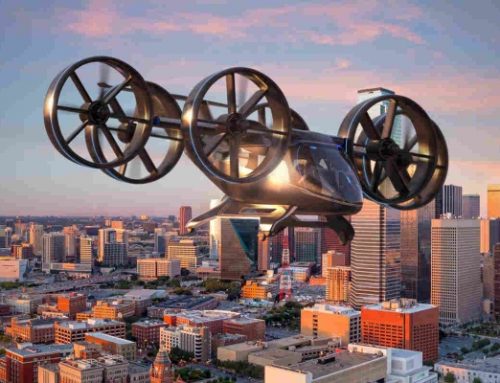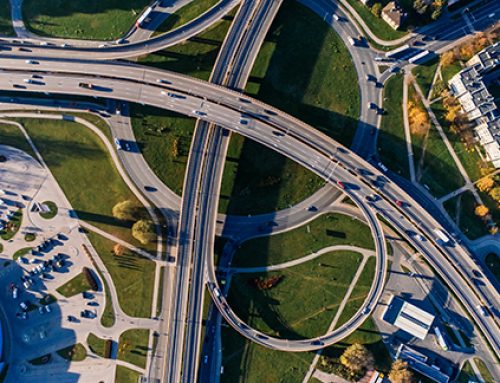To fly a recreational drone (or model aircraft), you must follow the safety rules in the Interim Order Respecting the Use of Model Aircraft.
Review these rules before flying a drone for fun, if the drone weighs over 250 g and under 35 kg. If your drone is 250 g or less, read our tips for flying safe.
Following the safety rules helps keep people, aircraft and property safe. If you fly where you are not allowed or you break the rules below, you could be fined up to $3,000.
Fly your drone:
- below 90 m above the ground
- at least 30 m away from vehicles, vessels and the public (if your drone weighs over 250 g and up to 1 kg)
- at least 75 m away from vehicles, vessels and the public (if your drone weighs over 1 kg and up to 35 kg)
- at least 5.5 km away from aerodromes (any airport, seaplane base or area where aircraft take off and land)
- at least 1.8 km away from heliports or aerodromes used by helicopters only
- outside of controlled or restricted airspace
- at least 9 km away from a natural hazard or disaster area
- away from areas where its use could interfere with police or first responders
- during the day and not in clouds
- within your sight at all times
- within 500 m of yourself
- only if clearly marked with your name, address and telephone number
You are exempt from these rules if you are at a field or event approved by the Model Aeronautics Association of Canada.
![]()
Flying for fun? New rules for recreational drone users
(PDF, 2.4 MB)
- Fly your drone during daylight and in good weather
- Keep your drone where you can see it with your own eyes – not through an on-board camera, monitor or smartphone
- Make sure your drone is safe for flight before takeoff
- Ask yourself, for example: Are the batteries fully charged? Is it too cold to fly?
- Respect the privacy of others – do not fly over private property or take photos or videos without permission
Find more safety guidelines for recreational drones (model aircraft) and unmanned air vehicles in Advisory Circular AC 600-002.
When you need permission to fly drones
If you fly your drone for fun and it weighs 35 kg or less, you do not need special permission from Transport Canada.
If you fly your drone for work or research, or if it weighs over 35 kg, you must get a Special Flight Operations Certificate. The certificate tells you how and where you are allowed to use your drone. Although most operators will need a certificate, you may be able to qualify for one of two exemptions.
For more information on the certificate and exemptions, read Getting permission to fly your drone.
Legal requirements when flying drones
When flying a non-recreational drone (legally called an Unmanned Air Vehicle or UAV) in Canada, you must:
- follow the rules in the Canadian Aviation Regulations:
- section 602.41 – Unmanned air vehicles
- respect the Criminal Code, your provincial Trespass Act, and all municipal, provincial and territorial laws that apply
Transport Canada inspectors investigate reports of unsafe and illegal drone use and may involve local police if other laws (for example, the Criminal Code and privacy laws) have been broken.
You could face serious penalties, including up to $25,000 in fines and/or jail time, if you:
- put aircraft at risk
- fly where you are not allowed
- endanger anyone’s safety
For example:
- If you fly your drone recreationally where you are not allowed, or break any of the rules in the Interim Order Respecting the Use of Model Aircraft, you may be fined up to $3,000
- If you fly a drone without a certificate and should have one, we may fine up to $5,000 for a person and $25,000 for a corporation
- If you do not follow the rules of your certificate, we may fine up to $3,000 for a person and $15,000 for a corporation
Read more about flying your drone safely and legally in the Recreational and non-recreational drone operations – FAQs.
New regulations for drones
Transport Canada are proposing new regulations to address the safety needs, growing popularity and economic importance of drones. Proposed changes include:
- new flight rules
- aircraft marking and registration requirements
- knowledge testing
- minimum age limits
- pilot permits for certain operations
The new rules are expected to be in place in 2018. Learn more about the Proposed rules for drones in Canada.




